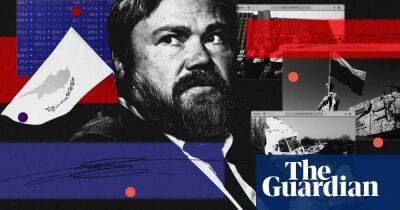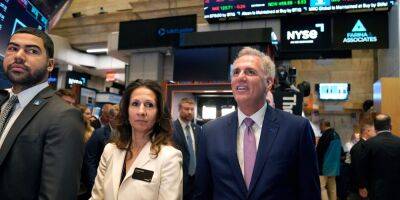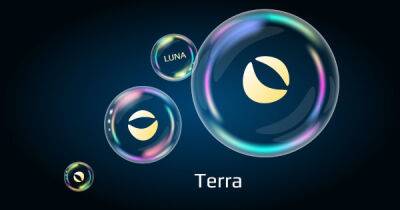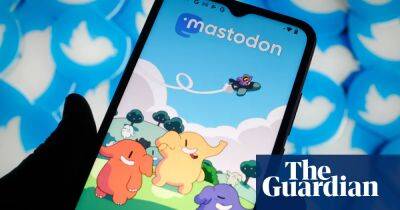Streaming sites told not to let AI use music for copycat tracks
The music industry is urging streaming platforms not to let artificial intelligence use copyrighted songs for training, in the latest of a run of arguments over intellectual property that threaten to derail the generative AI sector’s explosive growth.
In a letter to streamers including Spotify and Apple Music, the record label Universal Music Group expressed fears that AI labs would scrape millions of tracks to use as training data for their models and copycat versions of pop stars.
UMG instructed the platforms to block those downloads, saying it would “not hesitate to take steps to protect our rights and those of our artists”.
The letter, first reported by the Financial Times, comes after a similar move from the Recording Industry Association of America, the industry’s trade body, last October. Writing to the US trade representative, the RIAA said that AI-based technology was able “to be very similar to or almost as good as reference tracks by selected, well known sound recording artists”.
The group added: “To the extent these services, or their partners, are training their AI models using our members’ music, that use is unauthorised and infringes our members’ rights by making unauthorised copies of our members works.”
Although “large language models” (LLMs) such as ChatGPT and Google’s Bard, have been the focus of much of the AI industry, other types of generative AI have made similar leaps in recent months.
Image generators, such as Midjourney and Stable Diffusion, have become accurate enough to generate plausible fakes that fool huge numbers of viewers into thinking, for example, that the pope stepped out in a custom Balenciaga-style puffer jacket.
Music generators are not quite at the same level of mainstream
Read more on theguardian.com












